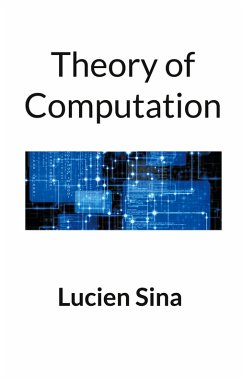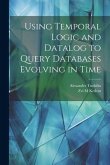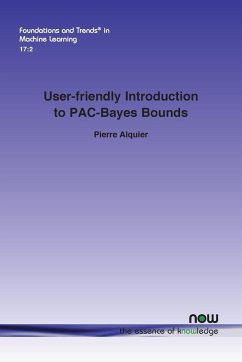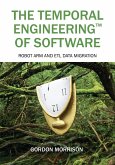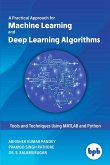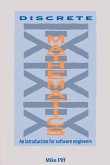The formal verification of multi-agent systems aimed at proving that such systems meet their specifications has given rise to a very active field of research at the crossroads of formal methods, knowledge representation and artificial intelligence. Alternating-time temporal logics are considered as one of the most popular and influential logical formalisms for strategic reasoning in multi-agent systems and have been introduced by Rajeev Alur, Thomas Henzinger and Orna Kupferman about 25 years ago. This textbook provides a concise presentation of alternating-time temporal logics dedicated to strategic reasoning in multi-agent systems. Dedicated mainly to the model-checking problem, the work examines developments about basic semantical properties of such logics, decision procedures and computational complexity. It provides results for solving optimally the model-checking problem on concurrent game structures by taking advantage of—or adapting proof methods from—temporal logics, games in theoretical computer science and automata theory. Topics and features: * Provides a unique teaching resource (typically for M1, M2 or PhD students), suitable for many courses such as Logic in Computer Science, Multi-Agent Systems, Formal Methods and Basics to Verification * Fills a gap in the literature by presenting the standard results voluntarily exposed in a pedestrian style, as well as a few more recent results developed in full depth to prepare readers for examining more elaborate logical formalisms * Includes detailed chapter examples, exercises (with solutions at the end), and a wealth of bibliographical references, thereby supporting self-study * Offers a first unified presentation of alternating-time temporal logics in relation to games, automata and complexity The textbook/guide’s target audience includes master students, PhD students and researchers that wish to have a thorough presentation of such logics and their relationships with automata theory, temporal logics, model-checking, energy games and complexity theory. Stéphane Demri is a CNRS directeur de recherche at the Laboratoire Méthodes Formelles (LMF) and adjunct professor at the Computer Science Department, ENS Paris-Saclay, Gif-sur-Yvette, France.
Bitte wählen Sie Ihr Anliegen aus.
Rechnungen
Retourenschein anfordern
Bestellstatus
Storno


